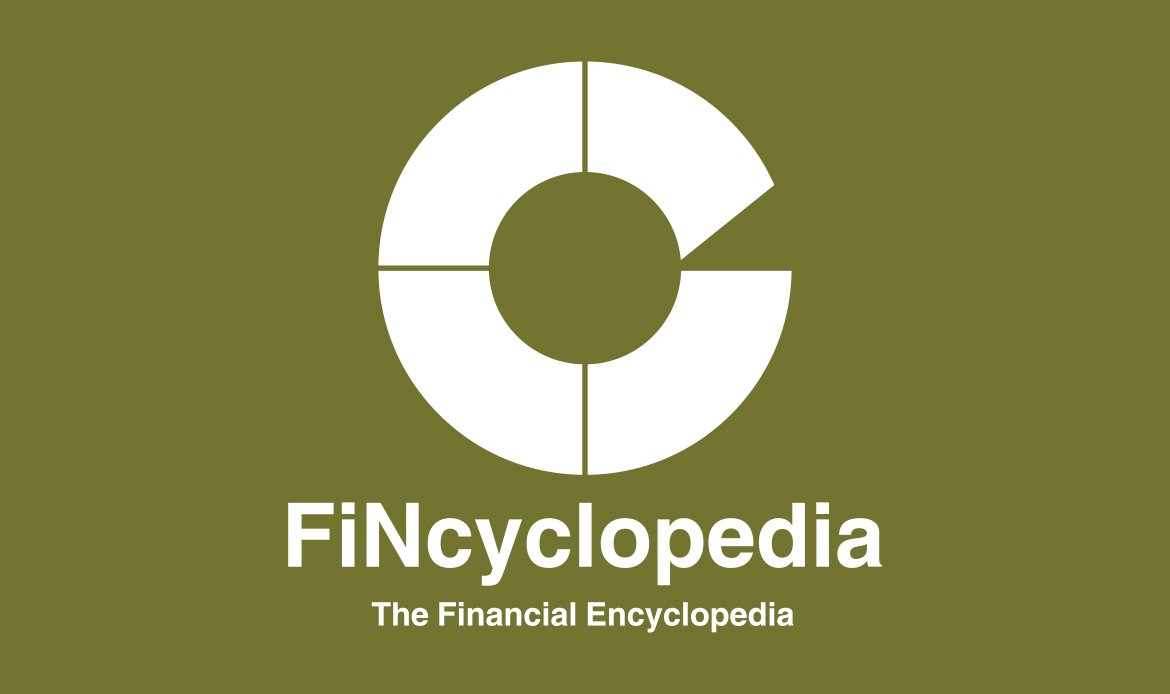Zakah is one of the five pillars of Islam (in addition to shahada- i.e., pronounced and believed-in faith, prayer, fasting, and hajj) which every Muslim is required to duly observe and perform. The five pillars can be classified into three categories: faith-related ibadah (shahada), physical (and spiritual) ibadat (prayer, fasting, and hajj), and financial (also spiritual) ibadah (zakah). Accordingly, zakah involves money, wealth or property. By definition, it is an amount of money that a capable Muslim is required to pay to the needy (those who deserve receiving it) in order to purify his/ her wealth (originally, zakah is an Arabic word that implies purification of one’s self and wealth and then it came to denote mandatory “giving to charity”).
Zakah is typically calculated at a 2.5% (or 2.5775% for a solar calendar year) on a Muslim’s accumulated wealth (what has been left, every lunar year, above the minimum amount liable to the payment of zakah, in cash, bank account, gold or silver, tradable assets, after paying all bills and debts).



